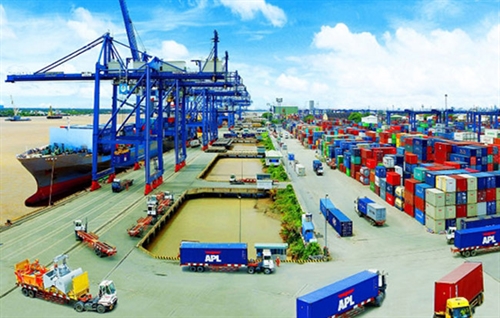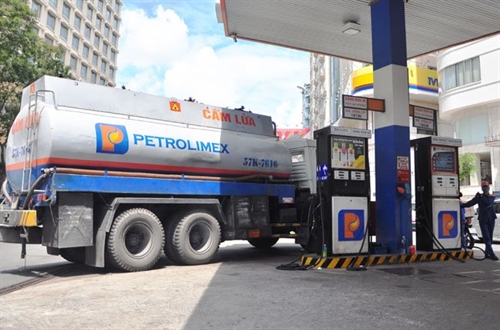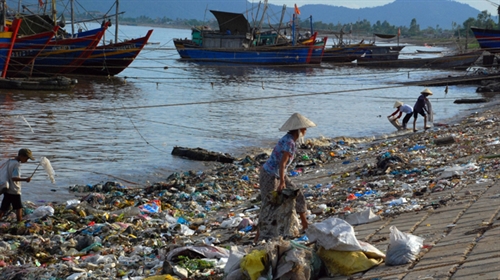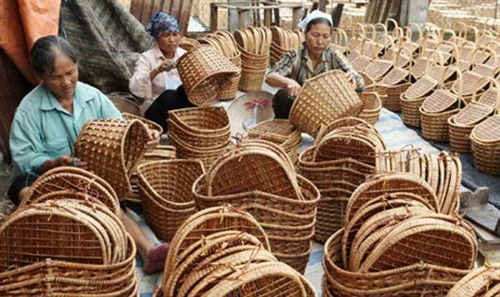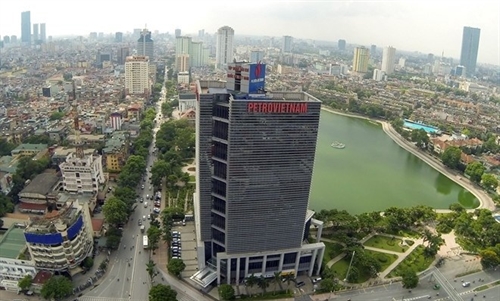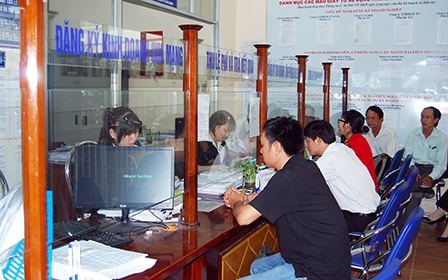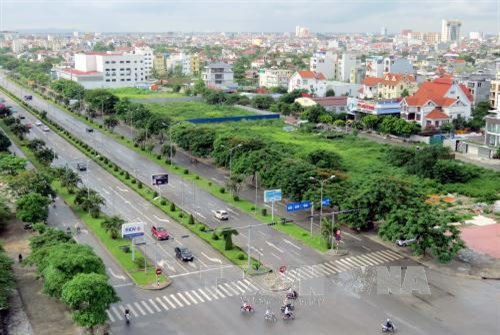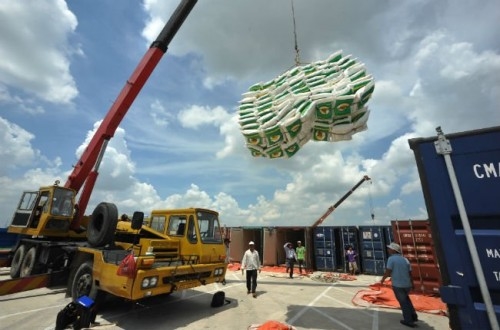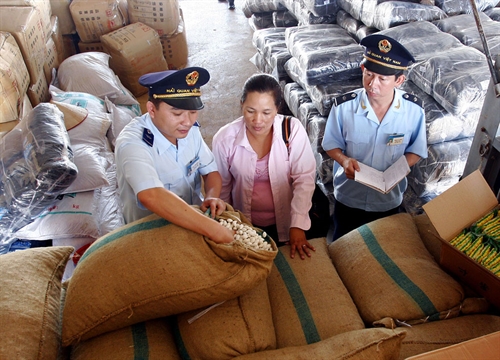Traders that import cars which have been registered for sale in countries applying emission standards equivalent to or higher than those currently applied in Vietnam would no longer be required to produce the manufacturer’s quality certificate or ex-works quality inspection slip.
It is one of salient points in the latest draft of a circular designed by the Vietnam Register to regulate the inspection of technical safety, quality and environmental protection of imported motor vehicles.
 |
| An Imported automobile park of the An Phu in Pham Hung street, Cau Giay district__Photo: VNA |
Obviously, the new regulation is warmly welcomed by car importers.
Nguyen Tuan, director of Thien An Phuc Company Ltd. - a local car importer, said if such documents are required, traders that do not work directly with manufacturers but import cars via manufacturers' agents or distributors can hardly continue their business.
Though the manufacturer's quality certificate or ex-works quality inspection slip, which contains such information as the name and branch of a car, is often considered the birth certificate of such car, it is not a must-have as car manufacturers, before delivering their products to customers, agents or distributors, always test them very carefully according to technical regulations applicable in their countries, Tuan explained.
Tran Ky Hinh, Director of the Vietnam Register, affirmed the draft would not replace the Ministry of Industry and Trade's Circular No. 20 of 2011 on the import of under-9 seat cars. It only aims to give an equal treatment for imported cars and locally manufactured and assembled ones in the quality inspection, testing and certification.
The draft’s provisions are merely technical barriers and do neither restrict the business rights nor limit the number of imported motor vehicles, Hinh said.
Provisions on post-quality certification inspection were also added into the draft with a view to reducing the time and expenses for customs clearance in line with Government Resolution 19 issued in April this year. However, if detecting any violations through post-quality certification inspection, inspection agencies would base themselves on the severity of the violations to impose appropriate sanctions on the importers and violating vehicles.
In order to protect consumers’ interests, the draft requires importers to recall imported cars having technical faults as announced by manufacturers or when requested by inspection agencies. If importers fail to do so, inspection agencies would suspend the certification of inspection registration dossiers for the car brands subject to recall.
The draft circular is expected to be approved by the year-end for application from the beginning of 2017.- (VLLF)
